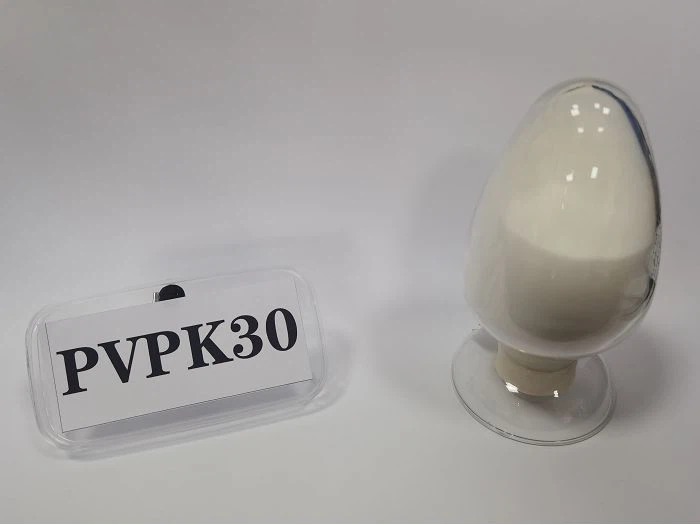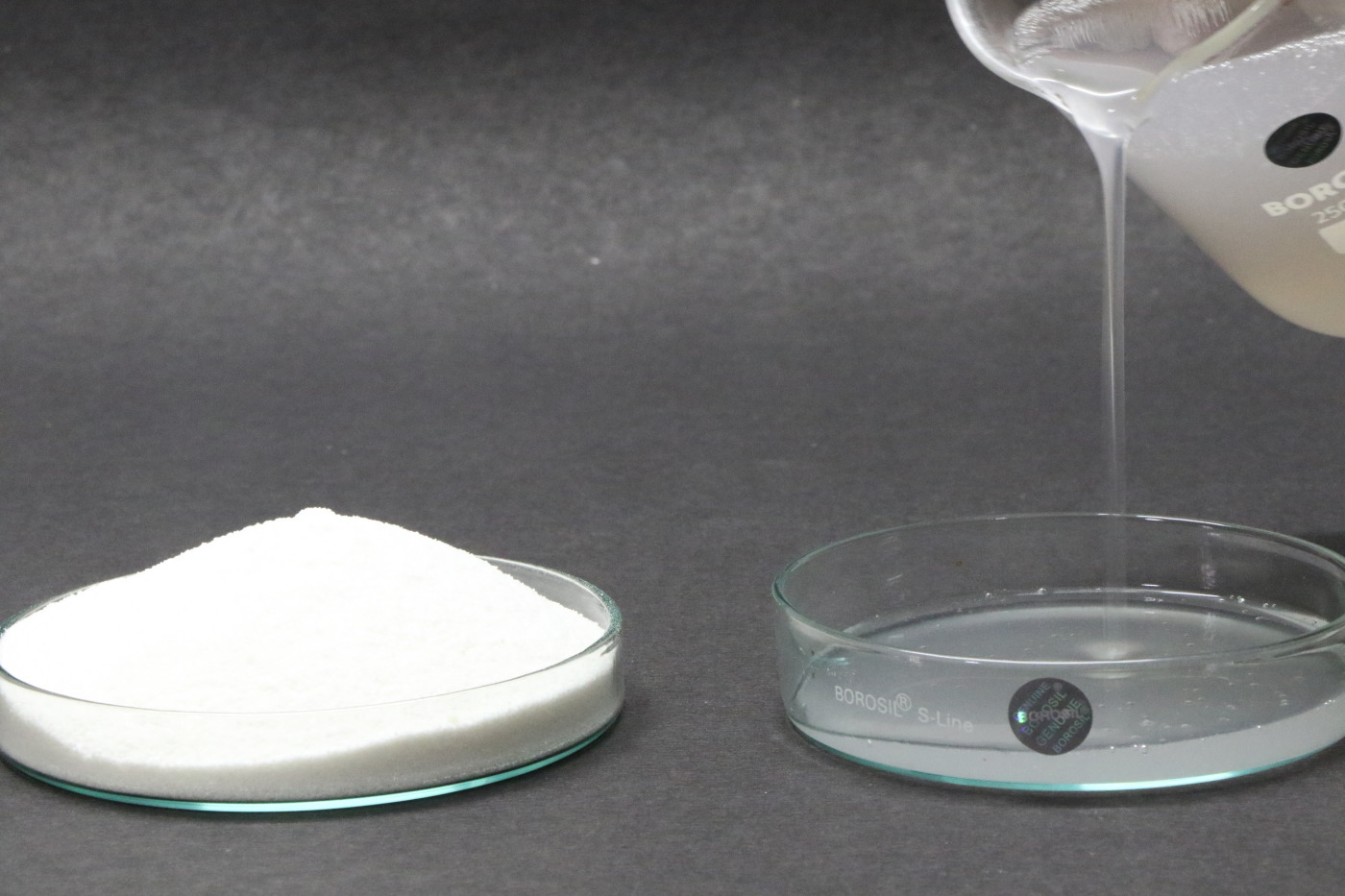1. Chemical structure
Colloidal silicon dioxide (SiO2) (CSD) is a very small particle-sized silica with a size of only about 15 nm. CCS is an amorphous powder that is extremely light, odorless, and flavorless.
2. Pharmacopoeia nomenclature
BP: Colloidal Anhydrous Silica
JP: Light Anhydrous Silicic Acid
PhEur: Silica, Colloidal Anhydrous
USP-NF: Colloidal Silicon Dioxide
3. Trade name
Aerosil; Cab-O-Sil; Cab-O-Sil M-5P, fumed silica
4. General properties
White fine powder, mild odor; soluble in oil, very slightly soluble in ether, alcohol, in benzene and hot 95% ethanol, insoluble in water.
5. Physicochemical properties
CSD is hygroscopic, but it absorbs large amounts of liquid without liquefying.
When the pH of the environment is below 0.75, CSD helps to increase the viscosity of a liquid system. However, at pH > 7.5, the viscosity-increasing property of CSD is reduced and at pH > 10.7, this ability is completely lost because CSD dissolves to form silicates.
6. Main application
CSD is widely employed in the pharmaceutical, cosmetic, and functional food industries.
- Due to their small particle size and large surface area, they have excellent flowing properties. In tablet and capsule production, a concentration of 0.1 to 1% CSD is added to powders and granules to improve their flow properties.
- In suspensions and semisolid dosage forms, CSD is used as a thickener and suspending agent. They also serve to stabilize the emulsion system.
- CSD is used to increase particle dispersion, prevent particle agglomeration, and prevent spray clogging in aerosol forms.
- CSD is also utilized as a disintegrant, an excellent liquid carrier that absorbs liquid to transform it into powder.
- CSD is frequently added to suppositories containing lipophilic excipients to increase viscosity, prevent sedimentation during molding, and slow drug release.
7. Personal experience
- CSD is effective at solidifying excipients/pharmaceuticals in liquid form, including Span 80, Tween 80, and Simethicone. In formulations containing hygroscopic APIs, CSD also serves as a stabilizer due to its excellent liquid absorption properties.
- CSD decreases the negative impact of Magnesium stearate on pellet hardness.
- There are numerous high-density CSD products on the market, including Syloid 244 F, Syloid AL 1 FP with moisture-sensitive API protection, liquid absorption, etc.




